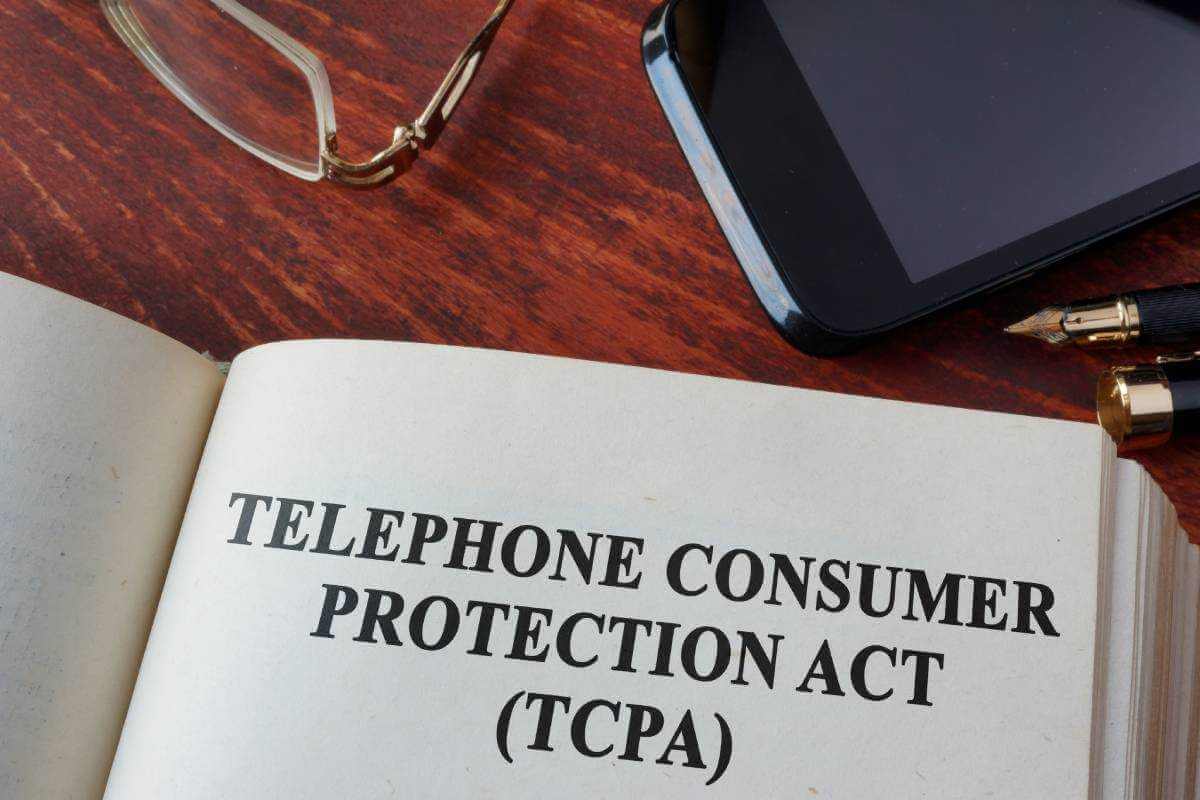Millions of Americans deal with the irritation of unsolicited sales calls and text messages. Not all of them are aware of the rights they have to take action against telemarketers. A law has been in place since 1991 to regulate the practices of telemarketing companies. Known as the Telephone Consumer Act (TCPA), this law is intended to prevent consumers from falling afoul of unscrupulous marketing tactics. Companies continue to try their luck in contravention of the act, and consumers often just deal with the resulting irritation and potential costs, not knowing that they have recourse to federal law. Read this short summary of the stipulations of the TCPA and related laws, and know what you should and should not accept from telemarketers.
What is the TCPA?
The TCPA was signed into law by President George H.W. Bush in 1991. Although the methods and technology available to telemarketers have changed drastically since then, this law remains at the core of federal regulations in the sector. The Act was designed to regulate telephone solicitations, and these regulations now extend to text solicitation as well. Any person or business that engages in telephonic, solicitation, or modern equivalents such as VOIP calls and texts, must comply with the terms of the TCPA. The law defines telephonic solicitation as “the initiation of a telephone call or message for the purpose of encouraging the purchase or rental of, or investment in, property, goods, or services, which is transmitted to any person, but such term does not include a call or message (A) to any person with that person’s prior express invitation or permission, (B) to any person with whom the caller has an established business relationship, or (C) by a tax-exempt nonprofit organization.”
How Is the TCPA Enforced?
The law allows for several different methods of enforcement. The most important and most effective is the right of private citizens to bring suit against entities who contravene the terms of the TCPA while engaging in telemarketing activities. It is a strict liability statute with uncapped statutory damages, which means that each violation could draw a penalty as high as $500. In cases where marketers willfully violate the law, penalties can go as high as $1,500 per violation. As a result TCPA class actions often amount to millions of dollars. In addition to lawsuits filed by private citizens, there are regulatory bodies, such as the Federal Trade Commission (FTC) and Federal Communications Commission (FCC), which have powers to enforce the TCPA.
TCPA regulations and guidelines
What exactly are the stipulations and limitations of the TCPA? Some of the most important points included in the act are the following:
- Calling Time Restrictions: Marketers are only allowed to contact consumers at specific times, i.e., between 8:00 AM and 9:00 PM in the relevant time zone.
- Internal Do Not Call Lists (DNC): Marketers must maintain an internal list of consumers who have requested not to be contacted, and comply with these requests.
- Automatic Dialing Systems: Marketers may not use automated dialing systems to contact callers who will then have to pay the costs of the call without prior written consent.
- Robocalls: Prerecorded calls are prohibited, except where the consumer has given express written consent.
- Identification requirements: Every marketing operative must supply the consumer with their name, the name of the company they represent, as well as a number or address where they can be contacted.
- National DNC: Marketers must check the national DNC – or the relevant state DNC if one exists – and must be sure not to contact any individual who has added their name to these lists.
Shamis & Gentile provides outstanding legal services in Florida and New York. We distinguish ourselves because of our experience and resources. When you bring your case to Shamis & Gentile, you will always work with a seasoned attorney who has an excellent track record. We are progressive and trusted within the legal community and we are often called upon to settle cases that other law firms may not be able to handle on their own. With us, you can rest assured that your TCPA case is in safe hands. For more information on what the TCPA is, or to see if you qualify to join an ongoing TCPA class action, contact us.










